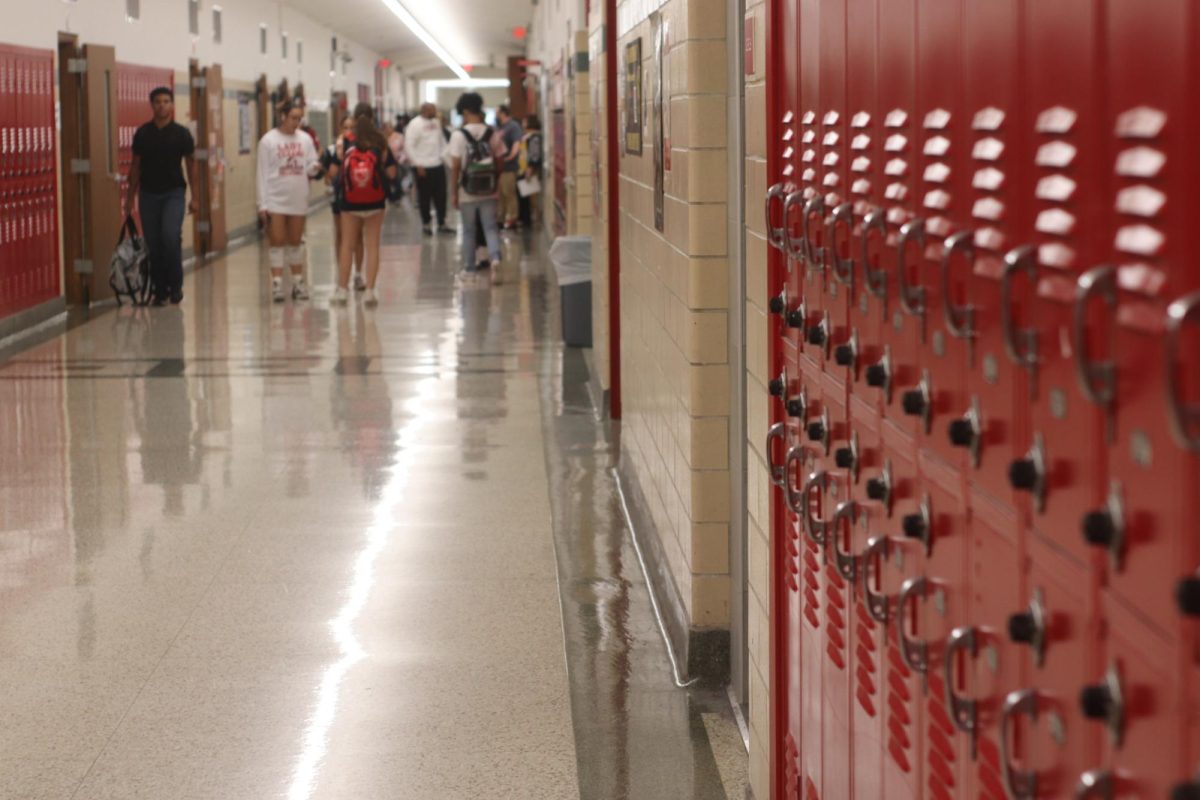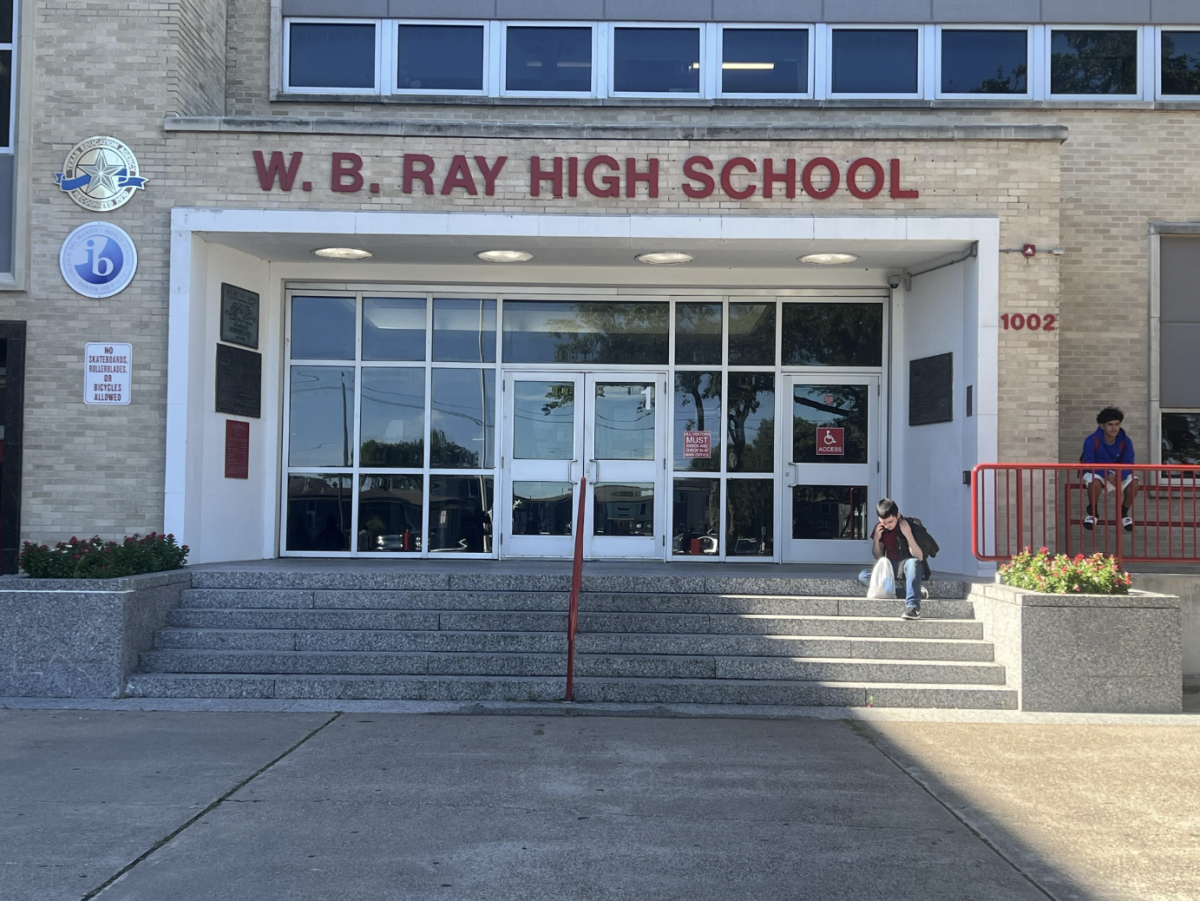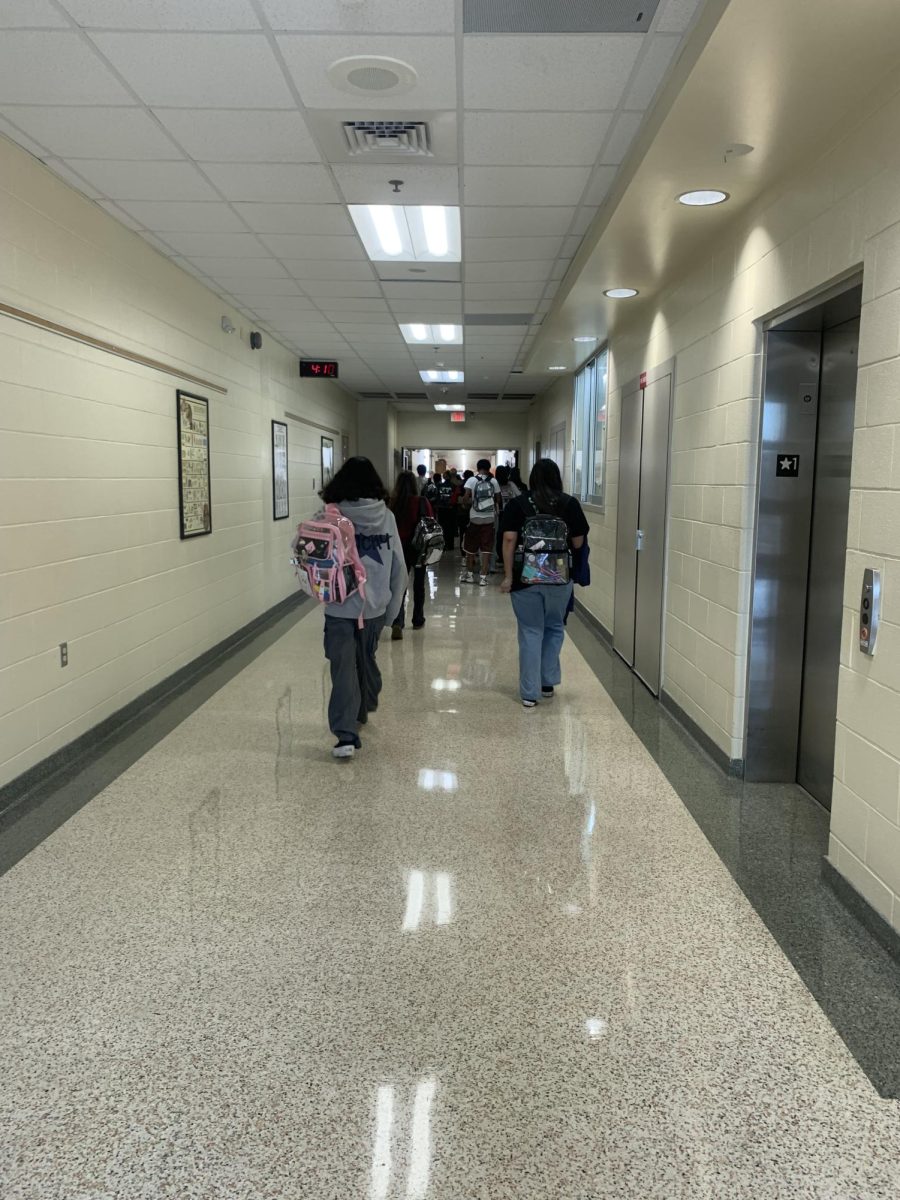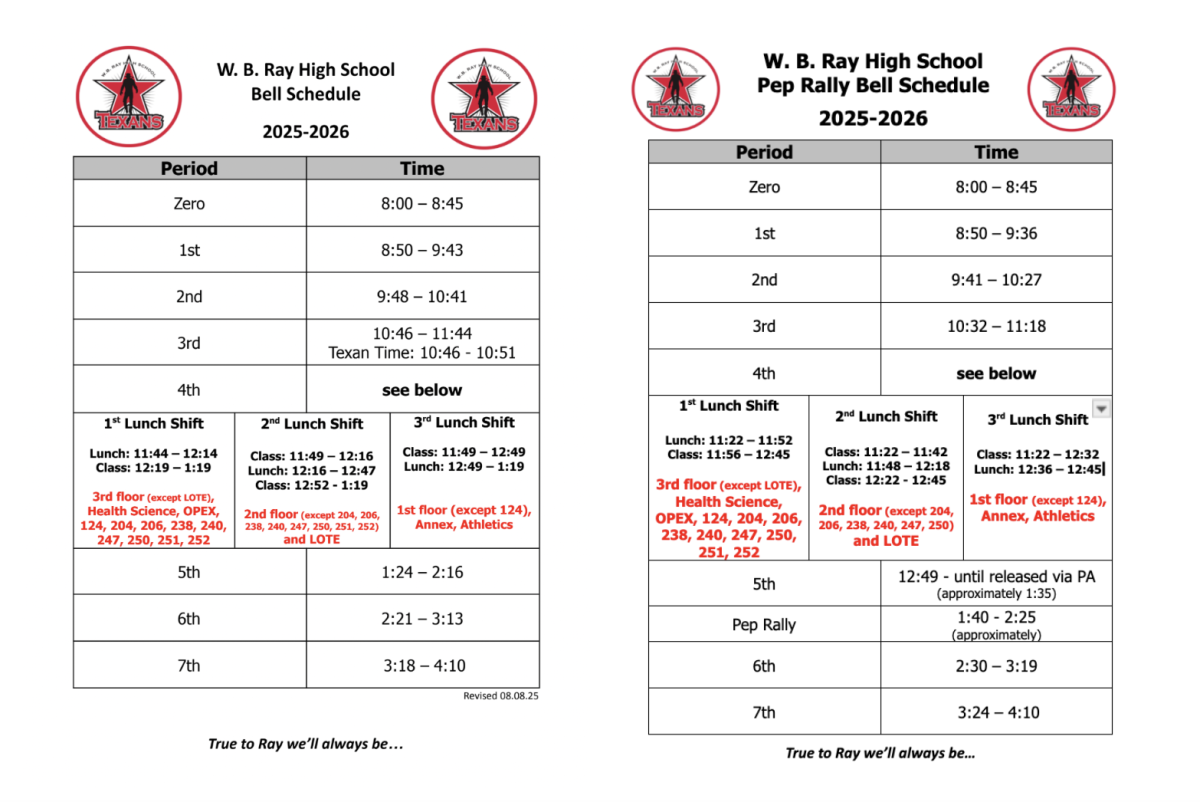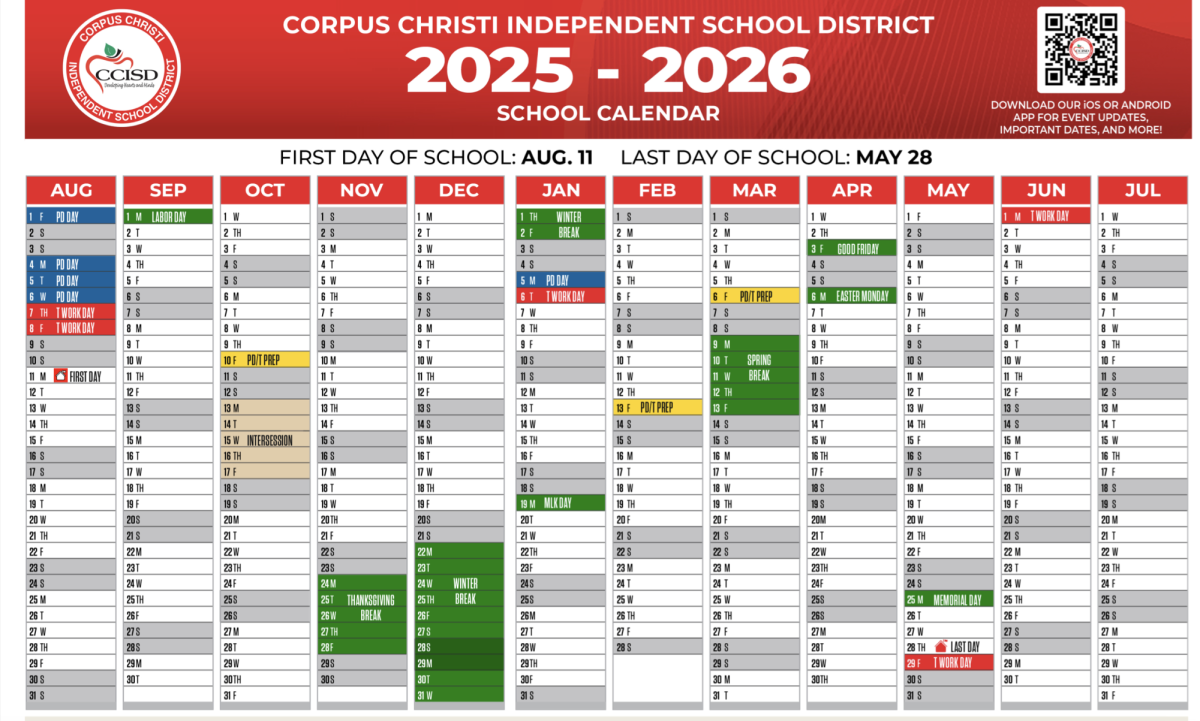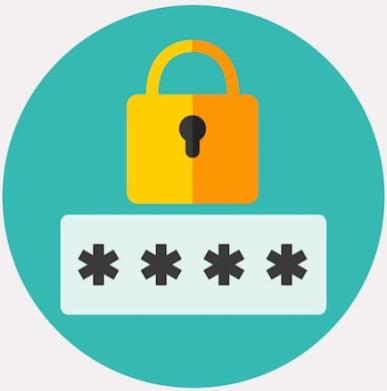With the beginning of the second six weeks, students and teachers are facing a wave of changes brought by new district and state policies. From rules on personal devices to stricter attendance requirements, grading policies have also been revamped — CCISD’s new policy has led to a significant increase in the number of quizzes administered, especially in IB and AP classes.
These quizzes create a third type of grade, a middle ground between daily work and major grades, by splitting classwork into minor assignments and daily tasks. In some cases, students receive as many as two quizzes per period.
Seniors in both the IB and AP programs are divided on whether the quizzes actually help students learn.
Kyra Pierce believes that quizzes are beneficial despite the increased pressure. “The quizzes definitely make grades more stressful, but I get why teachers are doing them more. I think they really do help with retaining knowledge,” Pierce said. “Even though it seems like teachers are just trying to torture us sometimes, they really do have our best interests at heart. In the end, our quality of education is more important than GPA.”
Other seniors, like Darcy Gossett, agree with Pierce.
“(Quizzes can be) really frustrating sometimes because there’s sometimes trick questions or really difficult questions, and they can feel really stressful and tedious,” she said. “But … I think the pros and cons balance each other out.”
Not everyone, however, shares this opinion. For some, the rising number of quizzes has become a source of stress. “I’ve been getting more quizzes lately than average, and it affects me because I have to add more to my agenda,” Christian Tercero said.
“The difficulty of each subject has stayed generally the same since last year, but a higher workload has been applied through quizzes,” Liliane Auza added.
Overall, the seniors agree that more quizzes lead to increased stress, but disagree on if the added pressure serves a useful purpose.
